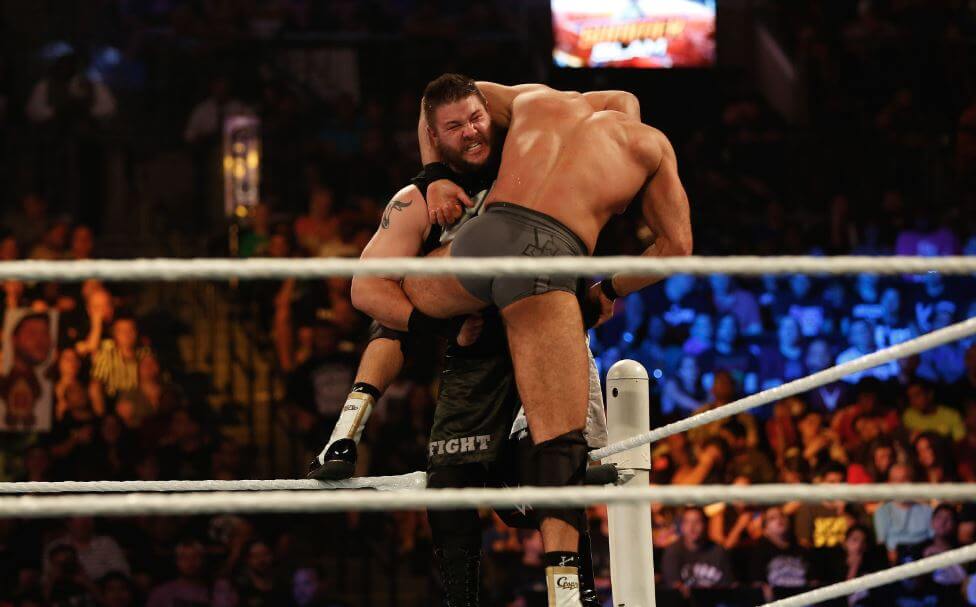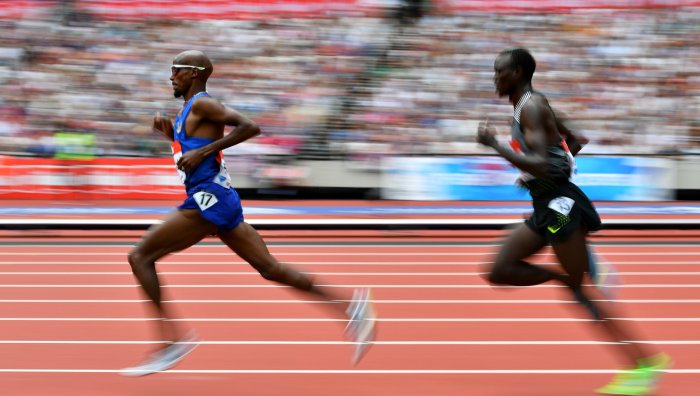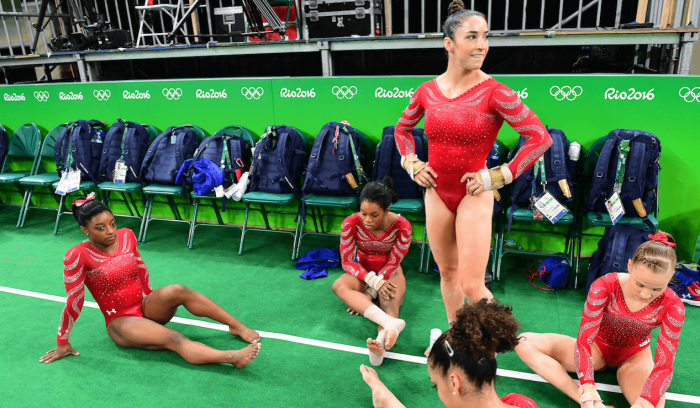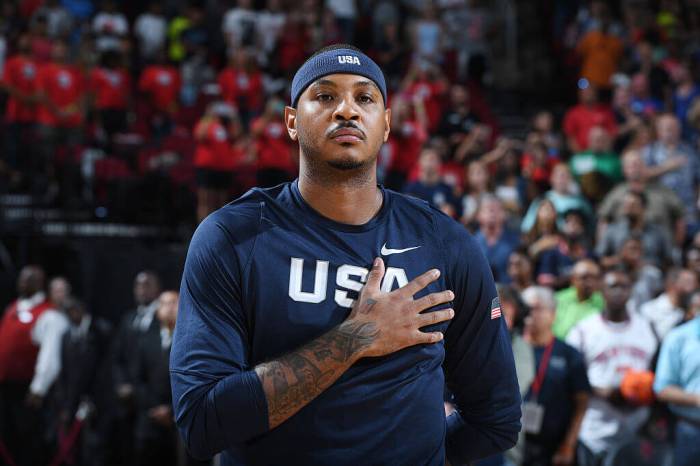Somehow, even in the reality age of professional wrestling, I still get the third degree about my passion for the product. It’s 2015 and it would seem that some non-fans of the sport of sports entertainment still think that wrestling is real enough to assume that fans still think it’s real. I’ve talked to people who don’t watch wrestling and are critical of it’s fans, yet think it’s more real than I ever did. I’ll get questions like, “Do you think it’s real? You know it’s fake, right?” And when they get a more elaborate answer than they were expecting, and we delve deeper into the conversation, you’ll find yourself in the territory of, “It’s all scripted. But I remember when [so-and-so] got injured, and they had to [insert convincing storyline here]?” Then, when I respond with something along the lines of, “Actually that injury was a work. It was planned. [So-and-so] was taking time off to film 12 Rounds 7: High Velocity Tokyo Impact,” it’s met with some surprise. Did I say something wrong? It seems like I had destroyed the suspension of disbelief for yet another person who claimed to have this subculture figured out, or had only watched wrestling for a year in 1999 so he could get with that goth chick who liked Jeff Hardy. It always seems to be the people who know the least about wrestling that try to judge it’s fan base. Legendary pro wrestling manager, Bobby Heenan, once memorably said, “We never said it was real. You people said it was fake.” This basically demonstrates that the public will imprint their assumptions about an art form before it’s even defined. In the same vain, men will notice a hot girl and imagine negative qualities about her as an excuse for not being about to date her. She’s probably stuck up. She’s too needy. She’s fake. Well, she’s my wrestling and you can’t have her. RELATED: 2016 NFL Mock Draft: Browns, Cowboys, Eagles on the clock It’s my own fault for bringing it up so often, nearly in any conversation. It’s difficult not to. Professional Wrestling (or sports entertainment, as the WWE would have you refer to it) has been a constant theme throughout my life since as far back as I can remember. One of my earliest memories may be guessing correctly that Ric Flair would win the Royal Rumble in 1992. It was a point of pride for me. How could a 5 year old have the grasp on the storytelling aspect of pro wrestling to make such an educated guess? Did I truly understand the reason behind building a heel character up to an unexpected victory, even in an era dominated by Hulk Hogan? I was a big Hulk Hogan fan in my young life. Why wouldn’t I choose my hero? And no, I don’t mean the Red Rooster, who was also an early favorite of mine. Or maybe I chose Flair because he wore a flashy robe, and I was going through a big “shiny things” phase back then. That’s more likely… But did I understand that it wasn’t “real?” Or at least, that the animosity between feuding wrestlers and the physical combat wasn’t real? Because there are plenty of “real” elements to the abstract compound that is pro wrestling. I can’t remember a point in my childhood where I was given “The Talk” in pro wrestling terms. I never had to be sat down and told, “Santa isn’t real. People have sex to make babies. And wrestlers can’t get knocked unconscious 17 times in a match and then rally a win.” Inherently, I’m a skeptic, which is why pro wrestling is the perfect sport for me. And for the record, I do refer to it as a sport. They are highly coordinated athletes, (mostly) required to be in peak physical condition. Especially today, the physical demand on their bodies is higher than ever. Real injuries, sometimes career-ending ones, are all too frequent. Their travel schedules (especially of those in the WWE) are of the most straining in all of sports. And they are more than likely expected to put on exciting and dangerous performances on a weekly, sometimes nightly, basis. Now, the fact that it’s a hazardous job may not qualify it as a legitimate sport alone. But to say it’s “fake” just because it’s scripted and heavily choreographed doesn’t give justice to the effort and quality of the performance. This response would be as if you watched a Shakespearean play and scoff when you notice they’re using plastic swords and stage poison. You know it’s scripted, but you’re judging these forms of entertainment on the quality of the performance. Consider it a theatrical performance where the fight scene is the main focal point. And yes, I know WWE Creative isn’t exactly Shakespeare. Which brings me to my final point: I’m not saying it should, but sports entertainment COULD qualify to be an Olympic sport.
Come back.
Hear me out.
Sure, it’s not a real athletic competition between the two opponents in the ring (aside from potentially trying to outperform one another). But there are many Olympic sports judged on form and execution of maneuvers; sports like figure skating, gymnastics, synchronized swimming, diving, and snowboarding, to name a few. Different countries have varying styles of wrestling. The U.S., Canada, Mexico, Japan, Germany, England, and Ireland all have very large wrestling audiences. I don’t know if Cesaro could carry the Swiss team alone, but that’s for the Olympic Pro Wrestling Commission to decide. Imagine the excitement of these nations truly competing against each other to put on the best athletic performance. An elbow smash from Randy Savage or an arm drag from Ricky Steamboat could easily get a 10 from the judges. It’s an enormous feat to be able to build a match to be as believable as possible, while still being as exciting as possible. So, outside of the ridiculous storylines (which I love so dearly), this is how one should watch professional wrestling. Of course, pro wrestling can be horrible. The writing, the talent, the action, as well as many other factors have to be on point in order to deliver a quality product. Sometimes they deliver. More often than not, they don’t. But one can appreciate the skill and experience of the performers in the ring. It’s not unlike being a fan of a sports team. They may have their ups and downs throughout the years, but there’s a certain level of pride that comes with being able to say you stuck with them. Part of the fun is knowing the difference between what’s bad and what’s good, and to be able to be that fourth wall, allowing yourself to be engaged in this abstract world. And there’s nothing fake about that feeling. So, the next time someone dismisses the sport of professional wrestling with an unimaginative, “you know it’s fake, right?” you should congratulate them on having the observational abilities of a 5 year old. Because no intelligent theater goer has ever accused Hamlet of holding a fake skull. Nathan Burke is a Boston standup comedian and unabashed wrestling fan. He will be hosting shows at the Comedy Studio in Harvard Square throughout the month of December.
WWE talk: 2016 Rio Olympics needs pro wrestling

Getty Images


















